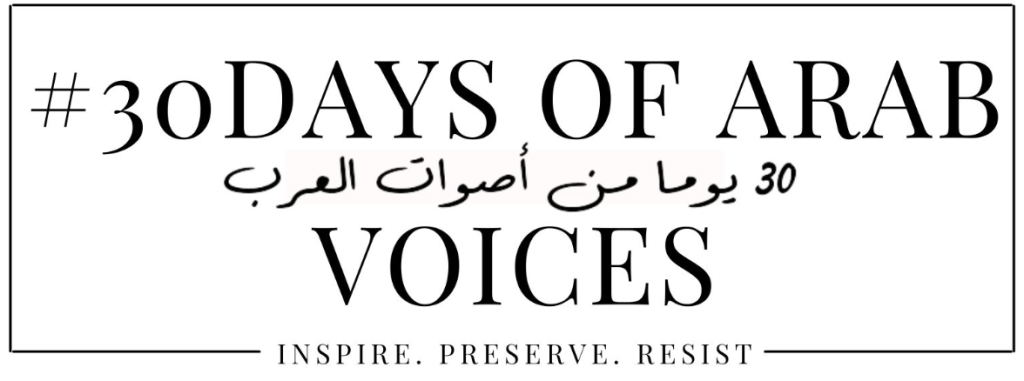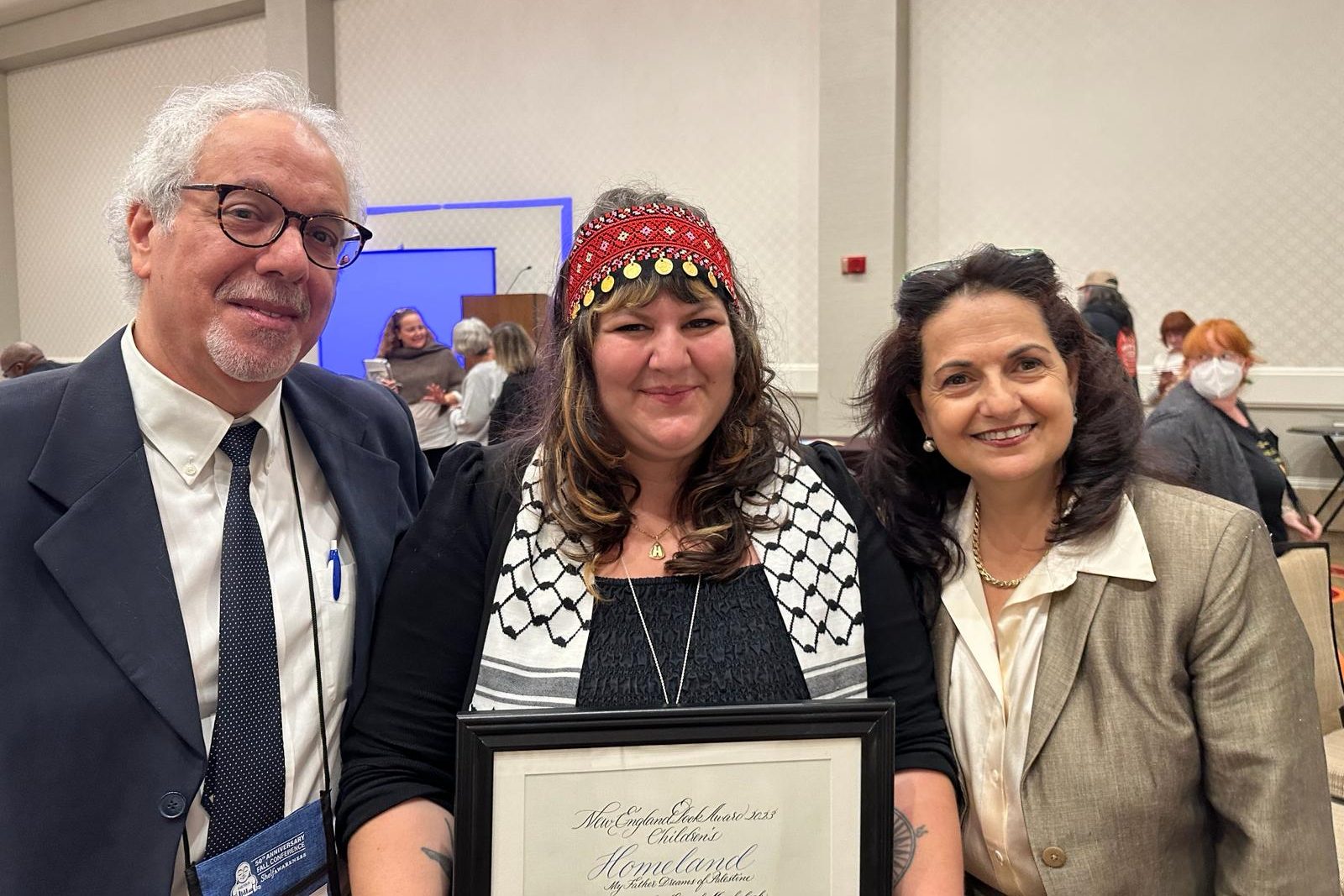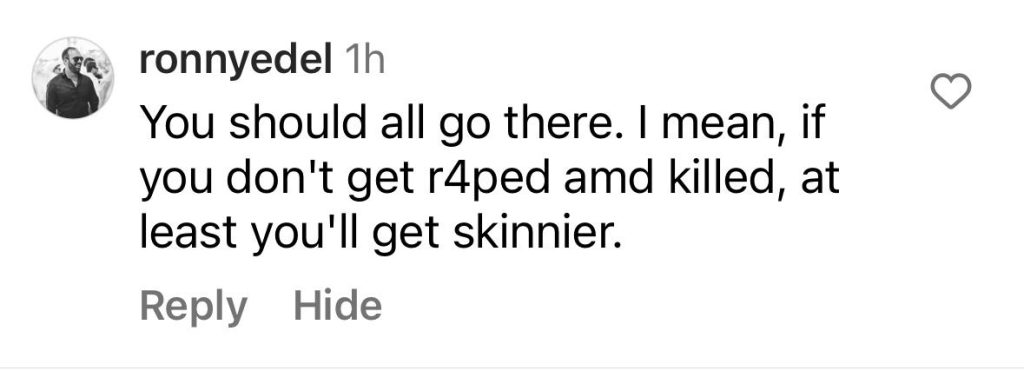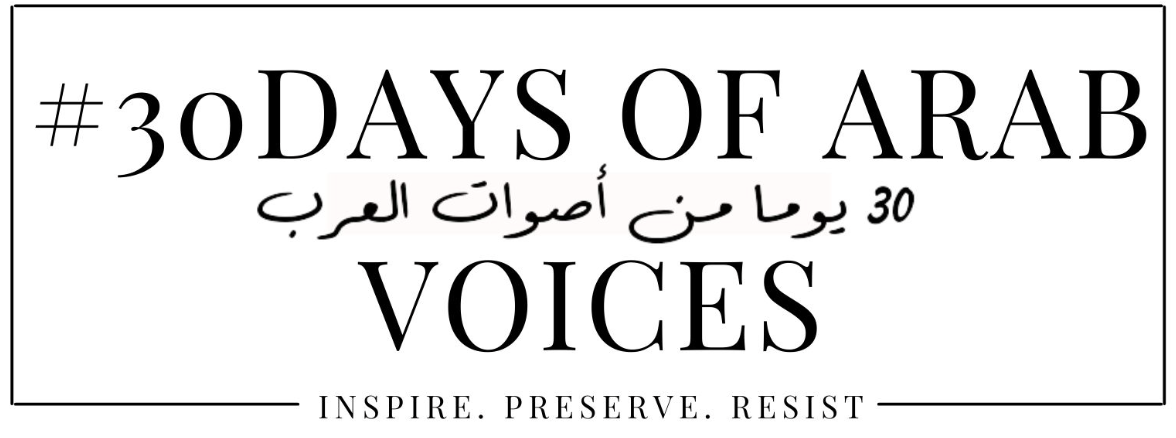Publishing a Children’s Book as a Queer, Fat, Palestinian American

In April 2023 I released my debut picture book, Homeland: My Father Dreams of Palestine with relatively no controversy. It is a quiet book that celebrates my culture, family history, and highlights the importance of storytelling for displaced families. I received a starred review from Shelf Awareness and won the New England Book Award.

As a Queer person, an unapologetically fat person, and a Palestinian American, my identity has always been seen as controversial or political. Still, nothing could have prepared me for the avalanche of racism, censorship, and silencing I experienced as a Palestinian American author after October 7th.
I was partially prepared for the death and rape threats, homophobia, and fatphobia that I received online. I have a lot of friends who are famous on the internet who warned me and helped me protect myself online. I was not even that surprised when a Zionist couple decided to remove my book from public libraries to “protect children from indoctrination”.

What I did not expect was the response from self-proclaimed “anti-racist” institutions that advertised a dedication to “diverse literature, social justice, and ending white supremacy.” Most notably PEN America, whose entire mission is to combat censorship, and SCBWI, an organization that gatekeeps knowledge and connections to publishing success. None of these organizations stood up in any meaningful way against the banning and censoring (not to mention the outright murder) of Palestinian writers in Gaza and the diaspora. This hypocrisy is something I have come up against time and time again.
Just last week, I had a school visit canceled at a school whose mission states a commitment to social justice, diversity, and equity. The organizer emailed to say that “Jewish parents felt uncomfortable about our plan to highlight a Palestinian voice.” This was my response:
Thank you so much for your thoughtful message. As you can imagine this is not the first time I have received discrimination based on my ethnicity and sadly I do not believe it will be the last. I wanted to offer you some of the tools I have learned along the way that may help you push back against folks who do not want me to present.
Firstly, as a school dedicated to social justice and uplifting marginalized voices, I think it’s important to recognize that by trying to appear neutral you are in fact uplifting the dominant narrative. One of the main tenets of anti-racist education is to recognize that silence is complicity in upholding white supremacy. So in fact, by not inviting me to speak to students, many of whom have likely never met a Palestinian before, you are reinforcing the dominant narrative that has been reinforced by all mainstream media, our politicians, and institutions. If you truly are committed to representing marginalized voices you would not participate in the censorship and as a school you are well within your right to stand by this. As with much of the debate around critical race theory or LGBTQ content in schools, parents cite their discomfort. And as we have learned in the past few years, white discomfort is a price worth paying for the pursuit of equity.
Secondly, I would like to note that it is Arab American Heritage Month, and if there is no planned programming around Arab representation at your school. I would be a perfect solution. An absence of authentic representation is contributing to the dehumanization of Arabs.
I would also mention that I only speak to my own-lived experience as a Palestinian American and book worker. My talk does not focus on geopolitics or current events. To suggest that there is “two sides” to an unfolding genocide is to imply that Palestinians are deserving of the violence. If there are two sides, it is those who are pro-genocide and those who are anti-genocide. As an educational institution of children, I would hope that you were clear on which side you are on.
The narrative that I, as a Palestinian American, am somehow unfairly biased stems from the false and racist accusation that Palestinians are all antisemitic. This accusation not only harms Jews as it ignores the very real antisemitism that exists, but it harms all Arabs and Muslims and is used as a justification for violence. On top of this, you are choosing to heed the concerns of only some of your Jewish parents. My friend, [Redacted] is a Jewish parent, for example, and is deeply upset that I have been uninvited. To assume that all Jewish parents are against my visit is antisemitic.
I understand that hard conversations need to be had around this issue and that it can be triggering for a lot of folks, but I find that when in doubt on where you should stand, try swapping out another marginalized group and see how you would react. For example, if you had invited a Black author who writes about race for children and some white parents complained that this only showed “one side.” What would your response be?
I ask you to reconsider this cancellation.
Best, Hannah Moushabeck
This blog post is part of the #30DaysArabVoices Blog Series, a month-long movement to feature Arab voices as writers and scholars. Please CLICK HERE to read yesterday’s blog post by Sahar Mustafah.
